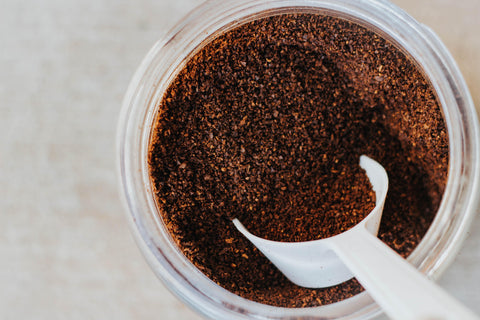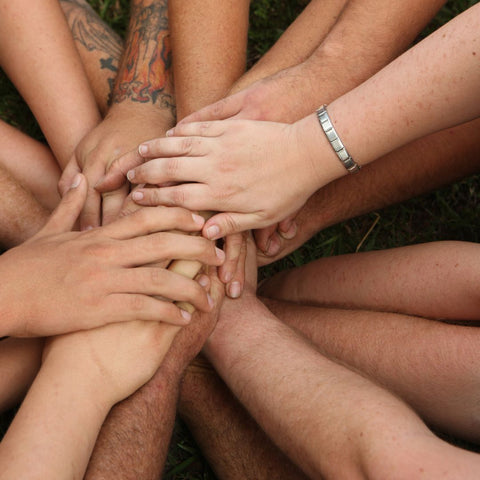As you savor your morning coffee or afternoon tea, you’re probably not thinking about where the beverage originated or what effects it had on the environment as it made its way to your cup. Yet, brewing beneath the marketing campaigns of popular retailers is a crisis that’s affecting the coffee and tea industries as much as the environment sustaining them. The demand for two of the world’s most popular beverages already has a profound impact on the Earth and those toiling it, but the increasing effects of climate change bring further challenges to farmers and their crops.
From farming practices, to profit distribution, to consumer habits, the choices made in each step of the coffee and tea manufacturing process have far-reaching consequences. Although there is no single, clear-cut solution to remedy the growing hardships facing the industry, companies like Everyday People Coffee & Tea provide alternatives to mass production by creating a system that benefits both workers and the environment. With a philosophy that revolves around ethical sourcing, sustainability, and equitable wages, we work to shift damaging trends to establish a more sustainable industry that’s able to continue producing the delicious brews the world loves to sip.
While climate change affects crops around the world, the high demand for coffee has placed the brunt of the impact on the world’s two most popular varieties: Arabica and Robusta. The more flavorful Arabica is generally grown at higher elevations and makes up a majority of single-origin coffees sold. The more resilient Robusta variety, on the other hand, is grown at lower elevations and tends to have a rougher flavor that is commonly preferred in coffee blends.
Despite their differences, both varieties feel the effects of climate change as rising temperatures transform the landscapes where coffee is cultivated. The increasing effects of the climate crisis force farmers to navigate unpredictable and unreliable conditions, often disrupting the plant’s seasonal life cycle and leading to the unfortunate loss of more sensitive species. Considering that it takes an average of 3-4 years for a coffee plant to mature from planting, this can have devastating effects on entire crops. When that’s paired with inadequate compensation for farmers to invest in sustainable infrastructure, the industry finds itself facing a coffee crisis of its own.
With worsening growing conditions, many other challenges like diseases and pests further threaten coffee’s survival. One disease known as coffee rust, for example, has increased with rising temperatures and is already causing significant production losses. This is just one example of environmental factors threatening crops, others being deforestation and environmentally destructive farming practices.
Despite coffee’s popularity, fluctuating market prices and relentless demand create additional challenges for farmers. However, sustainability initiatives like the rise of specialty coffee sectors work to alleviate these challenges by offering alternatives to traditional markets. This often includes efforts to help farmers adapt to climate change through methods for intervention and sustainable practices. Such efforts can range from covering crops and crop diversification to minimizing water consumption. Fairtrade companies also use practices like direct sourcing to allocate the necessary funding towards these adaptations while still providing the farmers and their families a living wage.
At Everyday People Coffee & Tea, our commitment to a sustainable industry begins at the roots, literally. Ethically sourced, sustainably grown, and roasted in small batches in the US, our coffee represents a blend of flavor and responsibility. Each variety of coffee and tea is also certified USDA Organic, Fair Trade, and Kosher. With 95% of our products directly sourced from the farmers who grew them, each cup reflects our commitment to quality and sustainability.
We extend our commitment further by also promoting environmentally friendly consumer habits. We encourage reusable tools and accessories such as coffee pods, filters, and mugs, as well as eco-friendly brewing methods like the French Press, espresso, or Moke Pot. Other sustainable practices post-brewing may also include composting or repurposing coffee grounds to be used for everything from fertilizer to a body scrub.
The comfort and enjoyment provided by our favorite beverages can mask the complex challenges facing the coffee and tea industries, but companies like ours are working hard to spread awareness of the issues while providing sustainable solutions and alternatives. Our mission is to provide delicious beverages through a system that benefits workers and the environment every step of the way. And with each warm, delicious sip of ethically sourced coffee or tea, you too can contribute to a more sustainable and equitable world where flavor meets responsibility.



